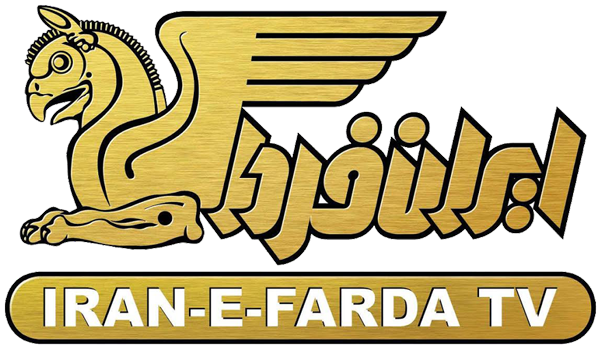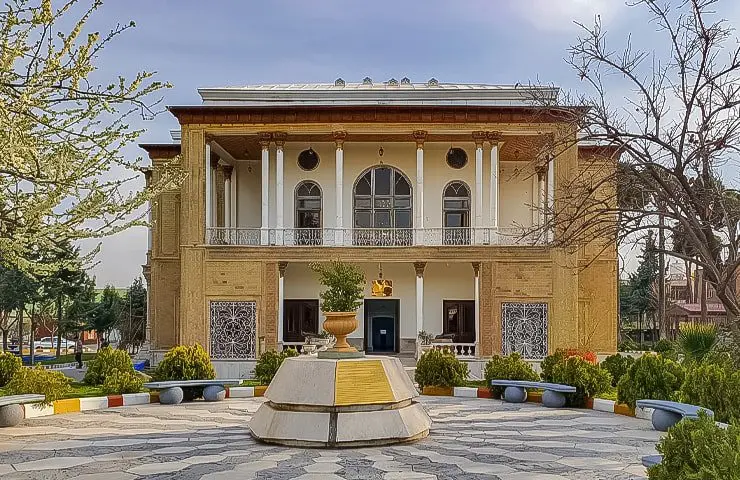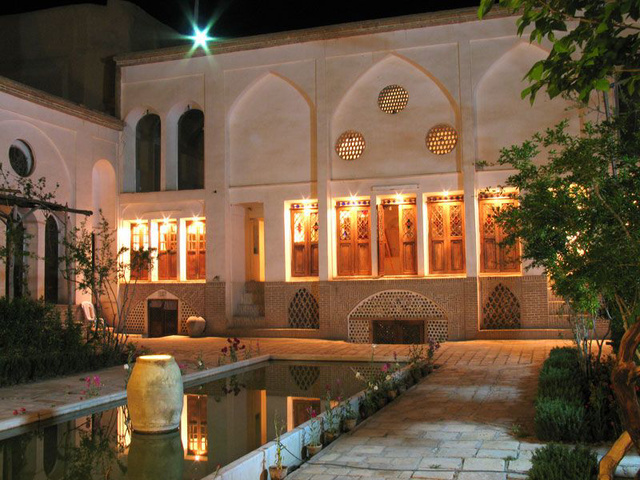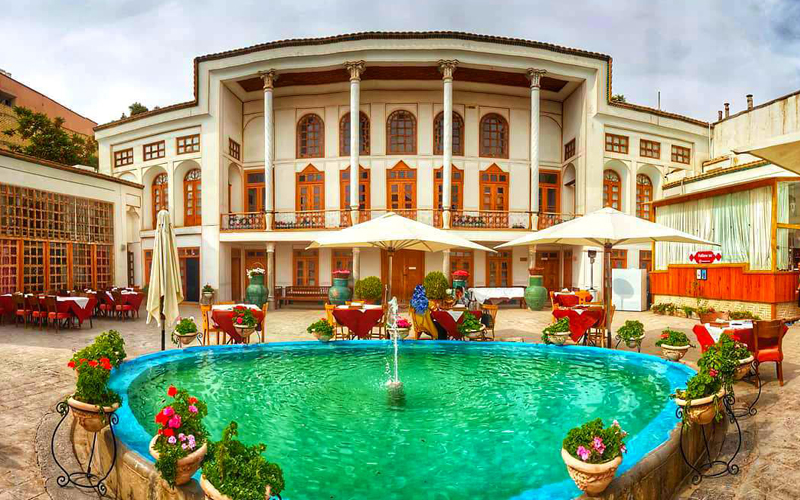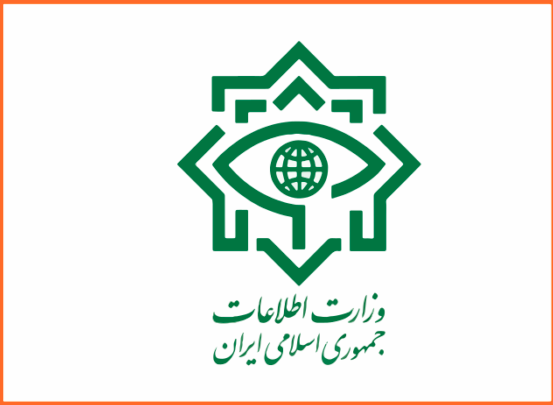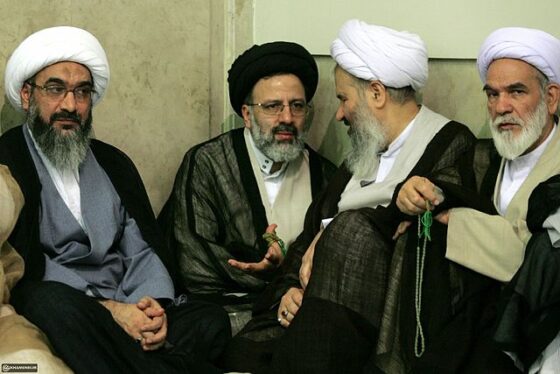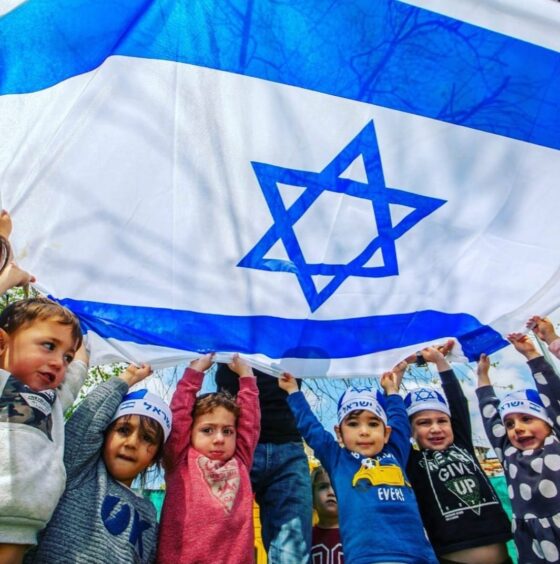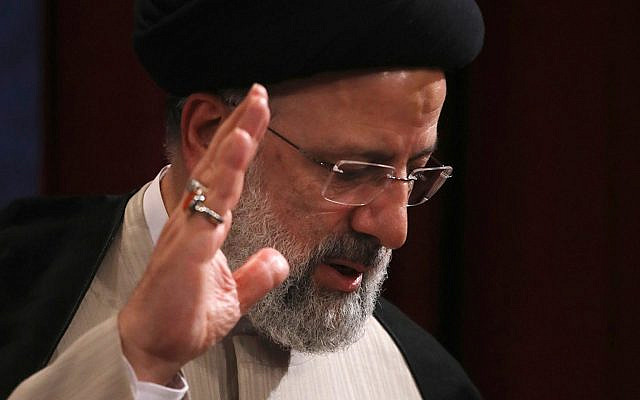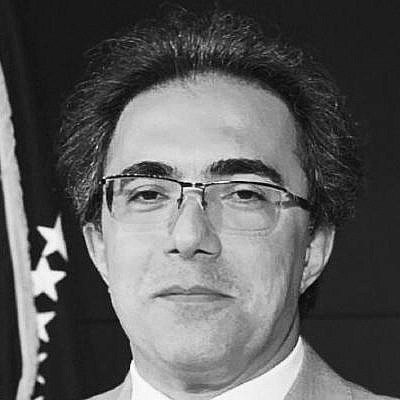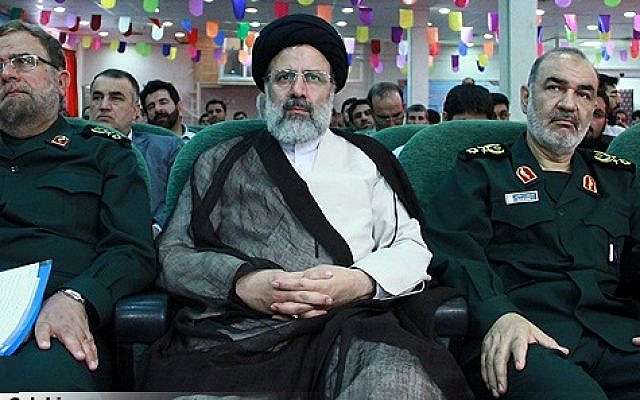The Iranian Regime Is on Borrowed Time. We Must Not Give It a Lifeline. | Opinion
Published on: 2022-10-10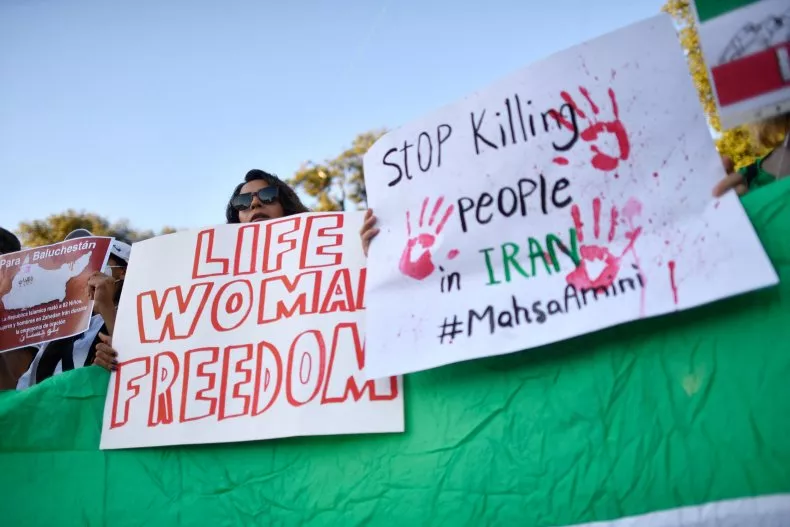
Mora Namdar , Attorney and former acting assistant secretary of state for consular affairs
On 10/6/22 at 6:30 AM EDT
To those who have studied U.S. national security, human rights, and Iran, the question has always been “when” and not “if” the Islamic theocracy in Iran would meet its end. The death of 22-year-old Mahsa Amini, who was brutally beaten by Iran’s morality police until she ultimately died for improperly wearing her hijab, is widely seen as a breaking point for the kleptocratic regime. Massive roiling protests in every province of Iran, with global solidarity protests in major cities all across the world, have captured global attention. The Islamic theocracy that has plagued Iran since 1979 is partially a result of the failed foreign policy of the Carter administration, and also partially a result of the enrichment by the failed Obama nuclear deal known as the Joint Comprehensive Plan of Action (JCPOA).
So what should the United States do now? Five important steps should be taken immediately.
1. The United States should immediately impose sweeping sanctions on Iranian regime officials and affiliated organizations who have committed or are complicit in the human rights atrocities being unleashed on the Iranian people. Much like the sanctions placed on South Africa to end apartheid, the U.S. must place smart sanctions on strategic targets to help end the Iranian regime’s religious and gender apartheid. While the Trump administration imposed strict sanctions on the Islamic Revolutionary Guard Corps, the Biden administration has flirted with removing these sanctions and has been slow to implement new ones. This is a mistake, and the Biden administration should utilize sanctions effectively.
2. Iranian diplomats in the United States should immediately be expelled. Much like Russian diplomats who were expelled from numerous countries in the aftermath of the invasion of Ukraine, there is ample precedent for this. While Iran does not have a formal embassy in the United States, they have a de facto one in the form of an “interest section” in Washington, D.C., sponsored by Pakistan. This should be shuttered immediately, and all Iranian regime agents must be sent home to answer to the demands of their own people—rather than live comfortably in the very Western countries they demonize.

3. The United States must cease negotiations with the Iranian regime on reviving the JCPOA. The negotiations are nothing but a farce for the Islamic theocracy to buy time on its path to nuclear weapons capability. Thus far, the present discussions in Vienna, which have been moderated by Russia, have no chance of achieving their stated goals. Russia and China have aligned themselves with Iran against United States interests on this matter. The current negotiations are erroneously promoted as a “return to mutual compliance” of the failed Obama-era JCPOA, which handed the mullahs pallets of cash and sanctions relief. But that money did not moderate the regime; it only facilitated and exacerbated its malign behavior. Furthermore, Congress passed a law in 2015 that mandated any new Iran deal be statutorily approved by Congress, but President Biden shows no interest in abiding by that. The United States should lead from a position of strength and cease negotiations with a regime that is premised on the notion of “death to America.”
4. The United States should step up at the United Nations and call the regime’s current atrocity committed against its own people what it is: genocide. Under the definition of the UN Genocide Convention, genocide is “a crime committed with the intent to destroy a national, ethnic, racial, or religious group, in whole or in part.” The Iranian regime has been systematically killing people who are politically, religiously, and ideologically opposed to its rule. The Iranian Constitution is riddled with empty words promising freedom of the press, freedom to assemble, and freedom of religion, while in practice the regime systemically targets, tortures, kills, rapes, and abuses anyone who dares oppose its Islamist ideology. Religious minorities in Iran, including Jews, Christians, and Baha’is, are brutally suppressed and/or killed. Women are treated as second-class citizens with no right to uncover their hair, travel without male guardian permission, sing, or even attend sporting events. The mullahs’ crimes against humanity should be called out for what they are.
5. The United States must voice strong support for the human rights aspirations of the Iranian people and acknowledge that the leadership of this organic protest movement is not in the streets of Potomac, Paris, or Central Park, but rather in the streets of Iran. This human rights movement is fully formed from within Iran, and any future leaders that emerge will be selected by the Iranian people themselves. The United States must not allow the false propaganda of the Iranian regime to paint this movement as a revolution fomented by the U.S. That is a noxious lie that has been repeated every time the regime is brought to heel by protests, whether in the 1999 student protests, the 2009 Green Movement, or the November 2019 protests. If we are to correct the foreign policy failures of the past, the U.S. must reject false propaganda, support the aspirations of the Iranian people for a secular democracy, and openly acknowledge that a non-violent referendum, which would allow the Iranian people to choose their own leadership, is the right path forward.
Newsweek subscription offers >
It is abundantly clear that the United States and the Iranian people’s interests are aligned against the Islamist regime occupying Iran. The policy of “maximum pressure” coupled with maximum support for the Iranian people represents the only path that will secure the long-term interests of U.S. national security, the Iranian people’s basic human rights, and international peace and stability.
